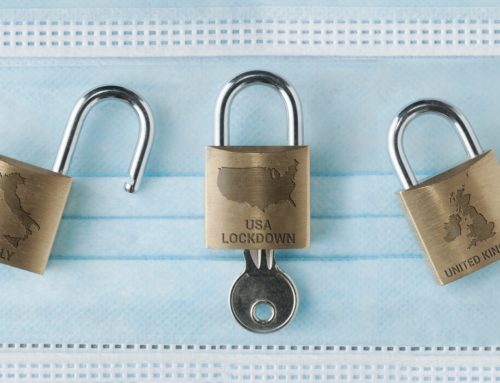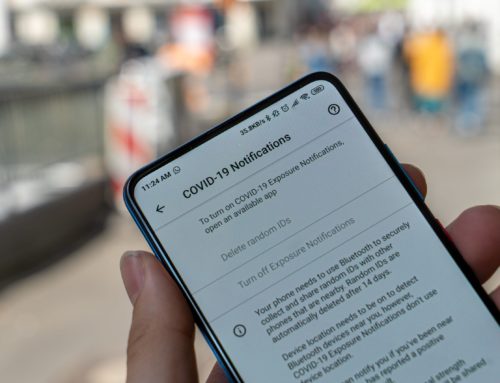What does furloughed mean?
As an alternative to redundancy, you can temporarily furlough your staff. The scheme has been in place since mid-March and now from July you can flexibly furlough your employees.
Some FAQs regarding the scheme:
How much can I claim?
Up to the end of July, HMRC will pay 80% of wages for furloughed employees up to a cap of £2,500 plus Er’s NI and pension contributions.
However, the amount of the furlough claims will be reduced from August. The table below shows the support available for each month and the amount payable by the employer.
The scheme will end on 31st October 2020.
| July | August | September | October | |
| Government contribution: employer NIC’s and pension contribution | Yes | No | No | No |
| Government contribution: Wages | 80% up to £2,500 | 80% up to £2,500 | 70% up to £2,187.50 | 60% up to £1,875 |
| Employer contribution: employer NIC’s and pension contributions | No | Yes | Yes | Yes |
| Employer contribution: wages | £0 | £0 | 10% up to £312.50 | 20% up to £625 |
| Employee receives | 80% up to £2,500 | 80% up to £2,500 | 80% up to £2,500 | 80% up to £2,500 |
How long can I furlough my employees for, and what is flexible furlough?
Prior to July, employees must be furloughed for a minimum of 3 consecutive weeks. They can be furloughed multiple times but each instance must be for the minimum period.
From 1 July, employers can bring furloughed employees back to work for any amount of time and any shift pattern, while still being able to claim CJRS grant for the hours not worked. From 1 August 2020, the level of grant will be reduced each month.
If you’re claiming for employees who are flexibly furloughed, you’ll need to have agreed the furlough arrangement with the employee and keep a written agreement that confirms the furlough arrangement. An example agreement can be found here, but you should get this checked with your HR advisors.
For the claim period you’ll also need:
- the number of usual hours your employee would work in the claim period
- the number of hours your employee has or will work in the claim period
- you will also need to keep a record of the number of furloughed hours your employee has been furloughed in the claim period
Unfortunately if you have an employee who has not yet been furloughed, or who did not complete a three week furlough period by the end of June, you are now unable to furlough that employee for any period of time after July.
Timing of claims
You must claim for all furlough periods up to 30th June by the 31st July.
From 1st July the rules on what amount can be reclaimed changes each month, as above.
This means that each month’s claims must be done separately, and claims cannot overlap from one month to another. There is more detailed guidance on the gov.uk website, including this extract below:
You should match your claim period to the dates you process your payroll, if you can. You can only make one claim for any period so you must include all your furloughed or flexibly furloughed employees in one claim even if you pay them at different times. If you make more than one claim, your subsequent claim cannot overlap with any other claim that you make. Where employees have been furloughed or flexibly furloughed continuously (or both), the claim periods must follow on from each other with no gaps in between the dates.
You can claim before, during or after you process your payroll; you can usually make your claim up to 14 days before your claim period end date and do not have to wait until the end of a claim period to make your next claim. Claims for periods after 30 June can be made from 1 July.
Can I correct a mistake in my claim?
If you have over claimed in a previous month, you can now tell HMRC when making your next claim and adjust your current claim. Unfortunately if you have underclaimed you will still need to contact HMRC to ask for a repayment.
How to calculate the amount of furlough pay.
For claims up to June 2020 – Claims must be made by 31st July:
If your employee is on a regular salary, you should claim 80% of this as per February’s pay.
If the salary varies you should use the highest of:
- Same months earnings from the previous year
- Average monthly earnings for the tax year 2019/20
You can also claim for any regular payments you are obliged to pay your employees. This includes wages, past overtime, fees and compulsory commission payments. Discretionary bonuses (including tips) and commission payments and non-cash payments should be excluded.
If you regularly pay your employees commission we would suggest checking your contracts to ensure these payments are compulsory before making any payments and claims. Other cash payments such as car allowances are usually included and taxed as salary so provided you are obliged to pay them, this should be ok to pay (and reclaim).
However benefits and salary sacrifice amounts are not included.
For claims after:
Unfortunately the calculations just got more complicated! There is guidance here for employees in different scenarios, mainly relating to the differences between fixed and variable pay employees. You will need to calculate the furlough pay and add this to the amount payable for the actual hours worked to calculate your employees pay. We can help you with this calculation and obviously for our own payroll clients, we will be doing most of the hard work for you.
What you may find is that some of your employees are not actually earning a lot more for working part-time than they were on full furlough, however the long term viability of your business depends on getting back to your full working capacity as soon as possible so this is just something they will have to accept.
You can continue to furlough staff who are unable to work due to shielding or child care issues.
Further questions
Now that furloughing has become part of our vocabulary, most people have ironed out their issues with the scheme. But if you are still uncertain of anything please do give us a call and we’ll be happy to advise.






